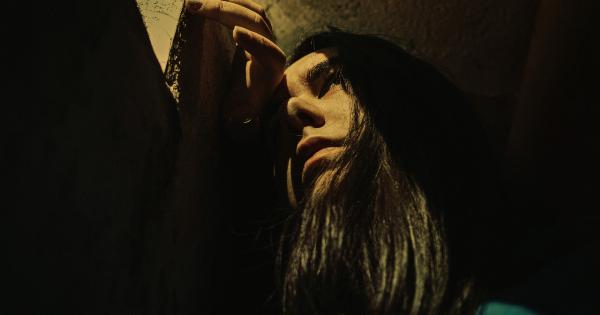Bipolar disorder, also known as manic-depressive illness, is a mental health condition that affects millions of people around the world.
It is a disorder characterized by extreme shifts in mood, energy, and activity levels, which can range from manic highs to depressive lows. Understanding the signs and symptoms of bipolar disorder is crucial for early intervention and effective treatment. In this article, we will discuss four key signs to look out for when it comes to bipolar disorder.
Sign #1: Unpredictable and Intense Mood Swings
People with bipolar disorder experience unpredictable and intense mood swings that can last for weeks or months. During a manic episode, individuals may feel euphoric, overly optimistic, and highly energetic.
They may have grandiose ideas and engage in risky behaviors such as spending sprees or impulsive actions. In contrast, during a depressive episode, individuals may feel hopeless, sad, and lose interest in activities they once enjoyed. They may have trouble sleeping, feel exhausted, and lack motivation or energy.
These cycles may occur multiple times a year, or even within a week or day.
Sign #2: Changes in Sleep Patterns
Sleep disturbances are a common symptom of bipolar disorder. During a manic episode, individuals may require little to no sleep for days or even weeks at a time without feeling tired.
Conversely, during a depressive episode, they may sleep for extended periods but still feel fatigued and find it difficult to get out of bed. Difficulty falling asleep, frequent nighttime waking, and oversleeping are additional changes in sleep patterns that can accompany both manic and depressive episodes.
Sign #3: Abnormal Behavior and Impulsivity
Bipolar disorder can also lead to abnormal behavior, impulsivity, and poor decision-making that can have serious consequences.
During manic episodes, individuals may engage in risky or reckless behaviors such as substance abuse, driving at high speeds, or unprotected sex. In severe cases, these actions can lead to legal or financial problems. Additionally, during depressive episodes, individuals may show signs of social withdrawal, increased irritability, and even suicidal thoughts.
Sign #4: Difficulty with Concentration and Memory
Bipolar disorder can also affect an individual’s cognitive abilities, including concentration, memory, and decision-making skills. During a manic episode, individuals may experience racing thoughts that make it difficult to focus on any one task.
They may also have difficulty with planning or organizing their thoughts. In contrast, during depressive episodes, individuals may struggle with slow thinking, poor memory, and difficulty making decisions.
Final Thoughts
Bipolar disorder is a complex and often difficult mental health condition to understand and treat.
However, recognizing the key signs and symptoms can help individuals and their loved ones get the appropriate treatment and support necessary for recovery. Early intervention is crucial for ensuring that individuals with bipolar disorder get the help they need to manage their symptoms and lead fulfilling lives.






























